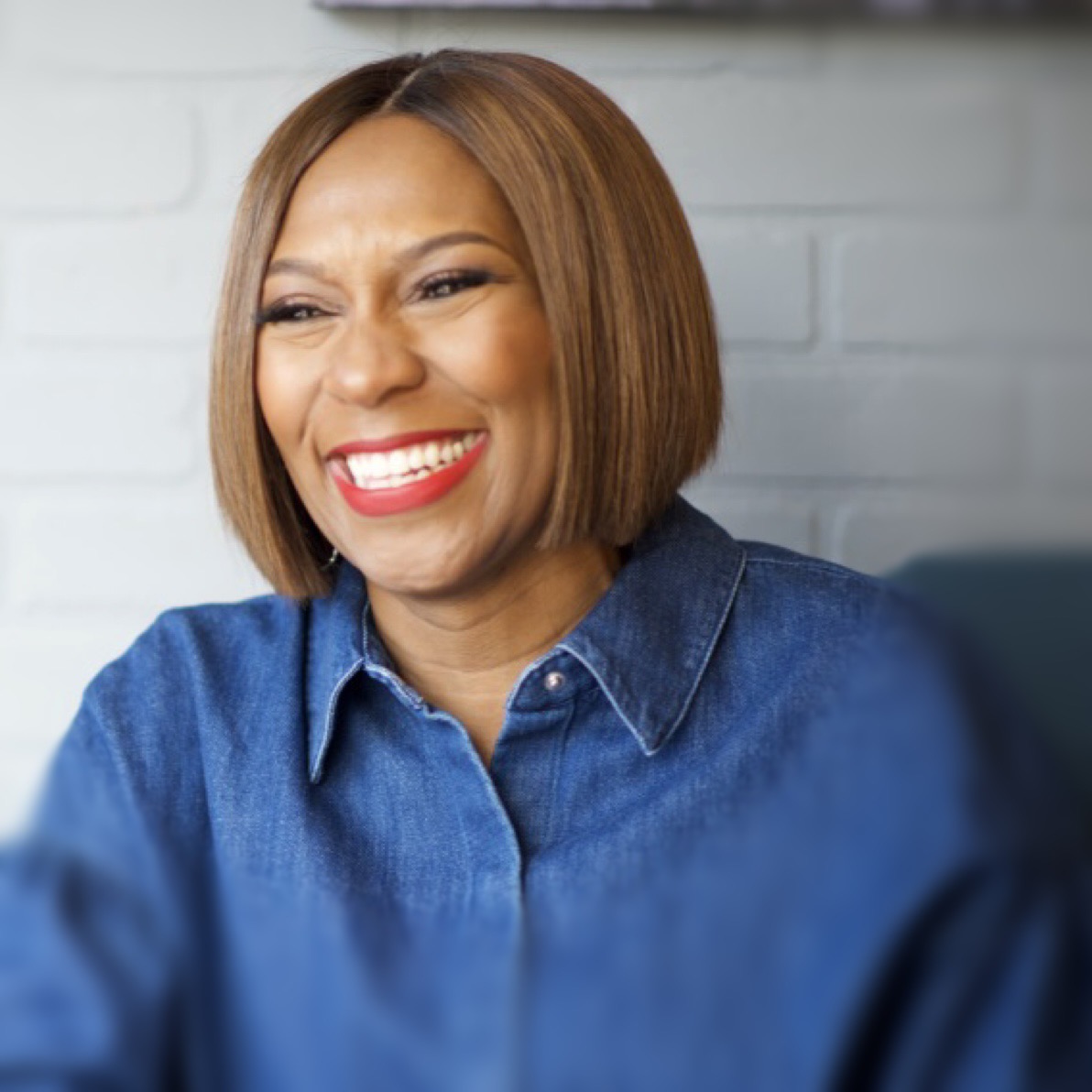Black History Month is Here!
- havingoursay

- Jan 23, 2022
- 3 min read

February 1st marks the beginning of Black History Month! Carter G. Wilson and the Association for the Study of African American Life and History first launched "Negro History Week" in 1926. The purpose was to highlight the accomplishments of Black Americans that were central to America's existence, but often missing in discussions, as well as from American history books. The week was originally established in February, during the week of Abraham Lincoln and Frederick Douglass' birthdays, because of their significance to the history of Blacks in America. In 1975, President Ford urged all Americans to "recognize the important contributions made to our nation's life and culture by black citizens." In 1976 the commemoration of Black history in the United States was extended to a month-long celebration.
I remember watching "Eyes on the Prize" in elementary school to commemorate the month. I learned about the many inventions and contributions made by Black figures at school and the learning continued with my family at home. My predominantly white Catholic school celebrated Black History Month every year with special lessons, events, projects, and activities. Fast forward to decades later and I realize that this is not the norm in many schools throughout the United States.
It's safe to say that books are my thing. I love shared reading for the opportunities to bond, as well as enhance language and academic skills. As a pediatric SLP, I use books in therapy to target language goals, teach life lessons, and increase overall knowledge. All year round I encourage parents and professionals to share books that tell diverse stories and feature inclusive characters. However, during this month, I implore everyone to share stories featuring Black leaders, activists, inventors, musicians, and artists. I realize that many non-Black educators and families may not know where to start, but research has proven that children begin to formulate their own ideas about race as early as the age of 2 so the earlier we share stories that normalize and celebrate Black lives in America the better. What better way to celebrate Black History, than to highlight the past while encouraging the future!
If you don't know where to start, children's books are a great place to begin. Share stories about notable figures in American history like Shirley Chisolm who was an educator that later became the first Black woman to serve in Congress and the first Black American and first Democratic woman to run for president. Or teach children about the many inventions created by Black Americans like Garrett Morgan who created the gas mask, as well as the traffic signals that keep us safe on the roads today.
Another way to celebrate is to share stories about Black joy and Black families. If the only time your students or children see Black characters are in stories surrounding struggle or oppression, it can send the message that the lives of Black Americans are only ever defined by such. Here's a tip for your February plans, as you look for stories about love, include books that feature Black families experiencing joy and loving one another. Try reading books that show positive examples of Black families doing normal, everyday things like Saturday or my personal favorite Liam's First Cut.
If you need more book suggestions, please visit my diverse book library and follow me throughout the month on social media for more activities .
Happy February and enjoy! Black History is American history!



Comments